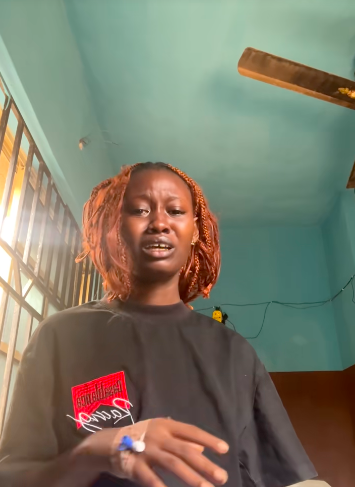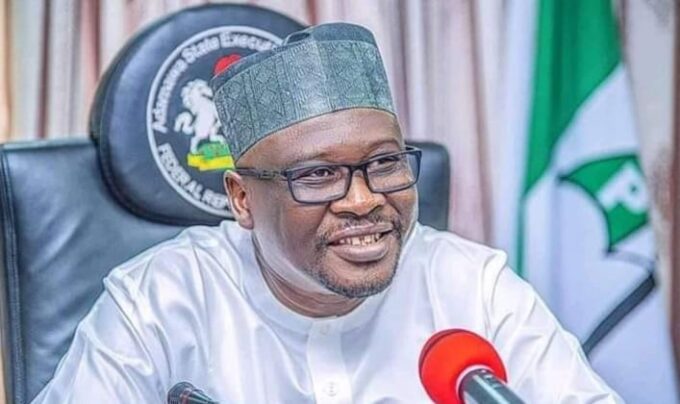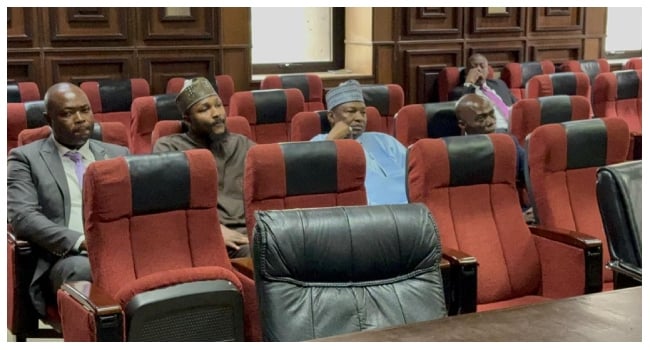From Adanna Nnamani, Abuja
The Nigeria Sovereign Investment Authority (NSIA) has formally transferred the management of the Presidential Fertiliser Initiative (PFI) to the Ministry of Finance Incorporated (MOFI).
The handover, which marked the end of an almost decade-long stewardship of the intervention, was announced at the 2025 PFI Stakeholders’ Roundtable held in Abuja at the weekend. The event brought together key players in the agriculture value chain to review the programme’s journey, achievements, and the road ahead.
Launched in 2016, the PFI was designed to address structural inefficiencies in Nigeria’s fertiliser supply chain, reduce dependence on imports, and boost local production.
According to the NSIA, the number of operational blending plants rose from four in 2016 to over 90 by July 2025, delivering more than 128 million bags of high-quality blended fertiliser to farmers. It also noted that the interventions have improved accessibility and affordability of fertiliser, enhanced food security, and created over 100,000 direct and indirect jobs.
Speaking at the event, NSIA Managing Director and Chief Executive Officer, Aminu Umar-Sadiq, described the programme as a model of what collaboration between public institutions and the private sector can achieve, adding that the transition was part of a planned strategy to hand over a now financially self-sufficient sector to its owners.
“This event is significant because we are honouring nearly a decade of positive impact, strategic partnership, growth, and reform. The NSIA, working alongside the Presidency, co-conceptualised, developed, and implemented the PFI, and we have run it over the last six years to much success, whether it is around fertiliser sufficiency, whether it is around trying to bring down the price of NPK as much as possible, or whether it is ensuring that we continue to create demand for urea and limestone. And I think we have come to the point where, given that a lot of these blenders are now largely financially self-sufficient, we are comfortable that we are in a position to actually transition this programme to the owners of the vehicle; the Ministry of Finance Incorporated. We have worked over the last two years to have a two-fold transition process,” he said.
MOFI’s Managing Director, Dr. Armstrong Takang, hailed the PFI’s achievements, particularly in boosting blending capacity, improving fertiliser quality, and supporting agribusinesses nationwide.
Takang pledged to tackle persisting challenges, including adulteration and diversion of raw materials, through robust traceability systems, stricter quality control, and stronger regulation.
“Over the years, the PFI-NPK programme has played a role in transforming Nigeria’s fertiliser ecosystem, from expanding domestic blending capacity to enhancing farmers’ access to quality fertilisers and advancing national food security objectives,” he stated.
The MD said MOFI would fully take over the initiative in January 2026, ushering in “PFI 3.0,” which would build on NSIA’s legacy with a focus on cheaper, high-quality fertiliser for farmers and expanded geographic reach.
“Our teams have been working very closely together to make sure that the transition is smooth, and by the time we fully take over in January 2026, we will do a lot more to ensure that we have a much more robust supply and cheaper fertiliser into the hands of our farmers,” he added.
Delivering the keynote address, the Minister of Agriculture and Food Security, Senator Abubakar Kyari, stressed the government’s commitment to ensuring food security, noting that increased food production is the responsibility of every Nigerian.
Represented by the Director of Farm Input Support Services, Mr. Wariziri Aba, the minister noted that the government’s role is to provide the enabling environment and necessary infrastructure for the sector to thrive.
He identified persistent challenges in the sector, including inadequate production, ineffective distribution, and product adulteration, but said the administration is determined to tackle them through better synergy among stakeholders, quality control, farmer registration, and strict penalties for violators.
“The opportunity exists for Nigeria to be self-sufficient in food production and also feed the world,” the minister declared.


















Leave a comment